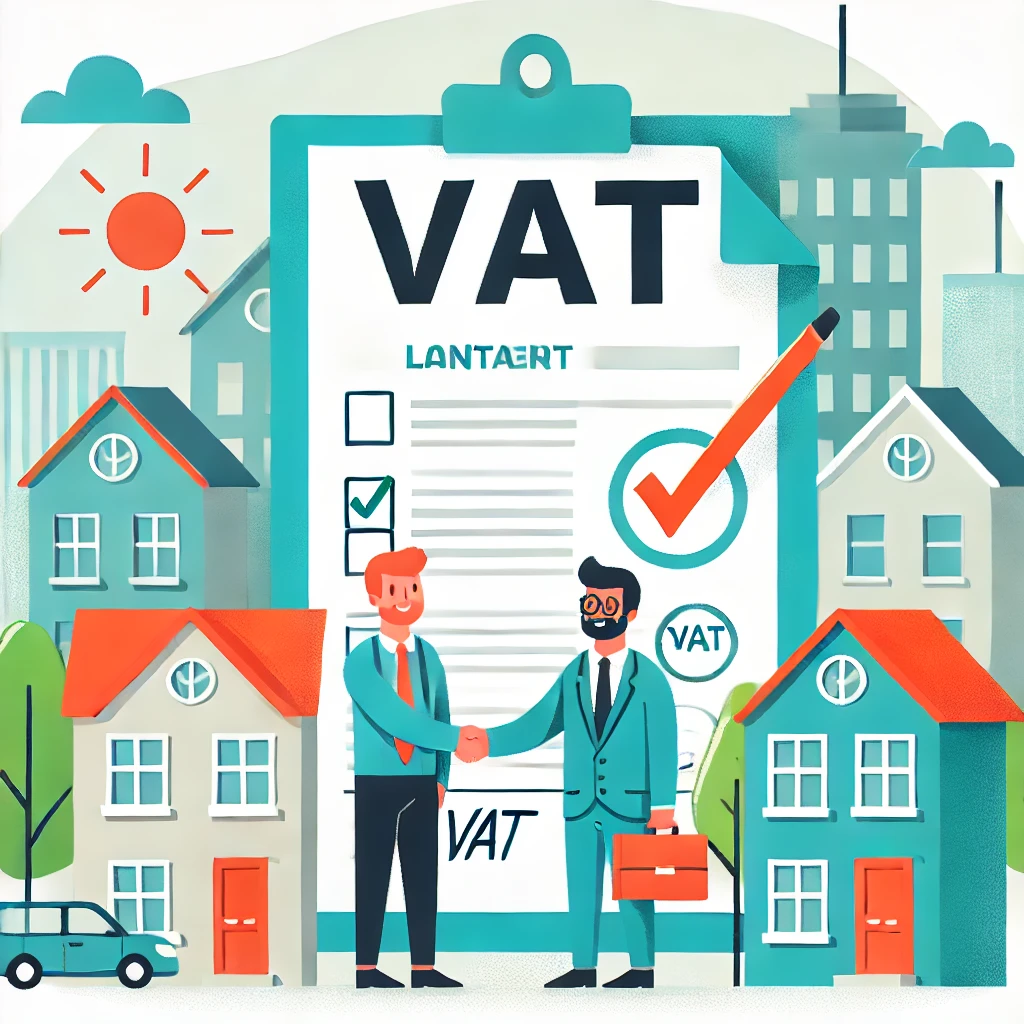If you’re a landlord or letting agent working with local councils in England, you may have been offered financial incentives to let your properties to them. Many councils describe these payments as “grants” and claim they are VAT-exempt. But is that really the case? And could you unknowingly be liable for VAT?
In this article, we’ll break down the VAT treatment of council incentive payments, explain whether they count toward VAT registration thresholds, and clarify what HMRC’s rules mean for your business.
Understanding VAT on Grants vs. Consideration for a Supply
The first question to ask is whether the payment is truly a grant or if it’s consideration for a supply. The difference is crucial because:
- Grants (genuine subsidies or financial support with no obligation) are outside the scope of VAT.
- Consideration (payment given in return for a service or product) is subject to VAT.
HMRC makes it clear that just because a payment is labeled a “grant” does not automatically mean it’s VAT-free. The key test is whether the council is receiving something in return. If they are, the payment is more likely to be taxable.
Are Council Incentive Payments Grants or Consideration?
Most councils offer incentives to encourage landlords and agents to lease properties to them. However, the nature of the arrangement suggests these payments are not true grants because:
- The council receives a direct benefit: access to rental properties.
- The payment is typically conditional on providing the property for a specific period.
- The arrangement is similar to a reverse premium, where the tenant (the council) pays the landlord to induce them to sign a lease.
Since the council is effectively paying landlords or agents in exchange for access to accommodation, HMRC is likely to view this as consideration for a supply rather than a no-strings-attached grant.
The VAT Treatment of Letting Property to a Council
Even if the payments are considered consideration rather than a grant, the next key question is: what type of supply is being made?
Most residential property lettings are VAT-exempt under UK VAT law. This includes:
- Renting out homes to tenants.
- Leasing properties to councils for use as temporary housing.
Since the supply being made (granting a lease or tenancy to the council) is an exempt supply of residential accommodation, the incentive payments inherit the same VAT treatment.
This means:
- The payments are not subject to VAT.
- They do not count toward the VAT registration threshold.
Does This Affect VAT Registration?
The VAT registration threshold in the UK is £85,000 per year. However, only taxable turnover counts toward this threshold. Since residential letting is VAT-exempt, the income from it does not contribute to your taxable turnover.
Even if you receive £400,000 per year in council incentives, as long as they relate to exempt residential lettings, you are not required to register for VAT.
HMRC Guidance and Legal Precedents
HMRC’s VAT guidance and relevant case law support this conclusion:
- HMRC’s VAT Supply and Consideration Manual confirms that payments labeled as grants can still be taxable if they are linked to a supply.
- Case Law (Mirror Group, ECJ 2001) established that inducement payments in property transactions are not subject to VAT if they relate to standard lease terms.
- HMRC’s own stance on lease incentives suggests these payments follow the VAT-exempt nature of residential rent.
Key Takeaways for Landlords and Letting Agents
- Council incentive payments are not subject to VAT if they are linked to the grant of a lease (an exempt supply of residential property).
- These payments do not count toward your VAT registration threshold, so even if you receive high-value incentives, you won’t be forced to register.
- Ensure you keep clear records to demonstrate that your income is derived from VAT-exempt property lettings.
- If the council suggests you provide additional services (like property management), those services may be taxable, and you should seek tax advice.
Final Thoughts
If you’re earning significant incentive income from council lettings and are unsure about your VAT obligations, consult with an accountant or VAT specialist. However, based on HMRC’s guidance, these payments should not trigger VAT liabilities for landlords and letting agents.










